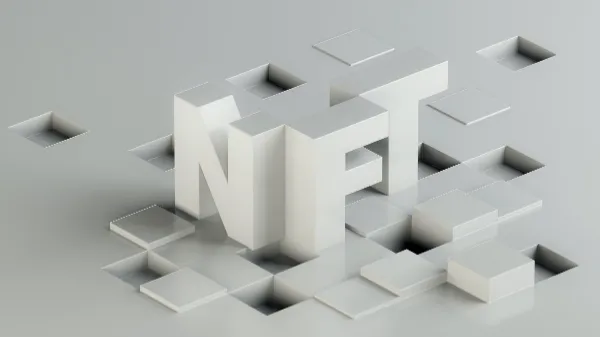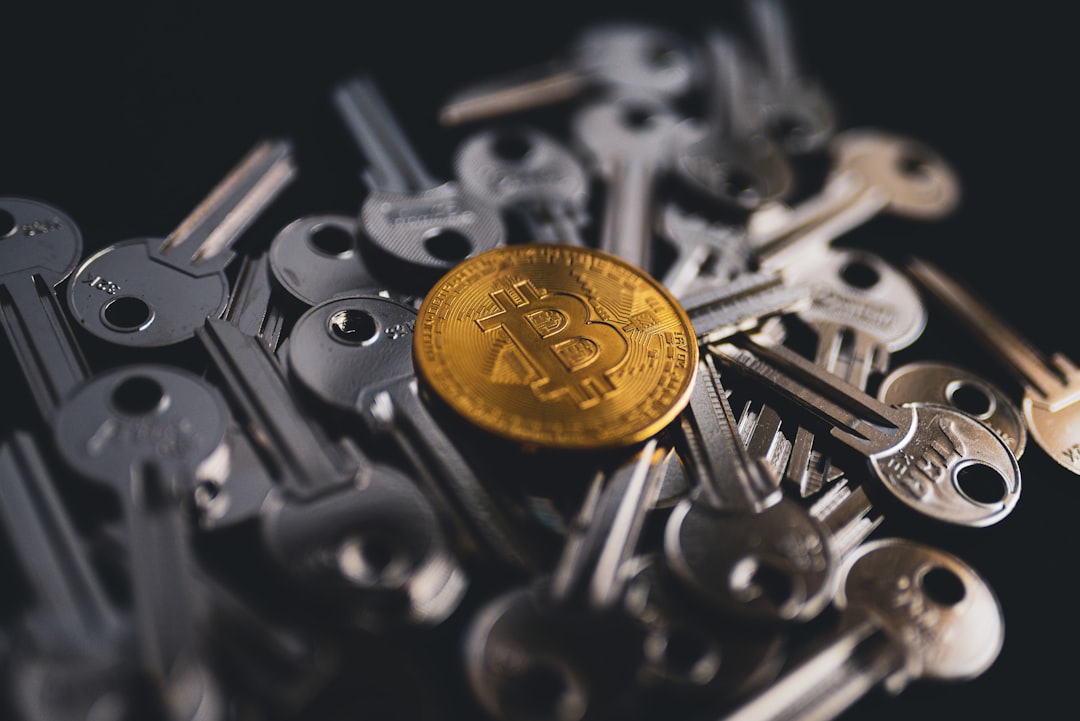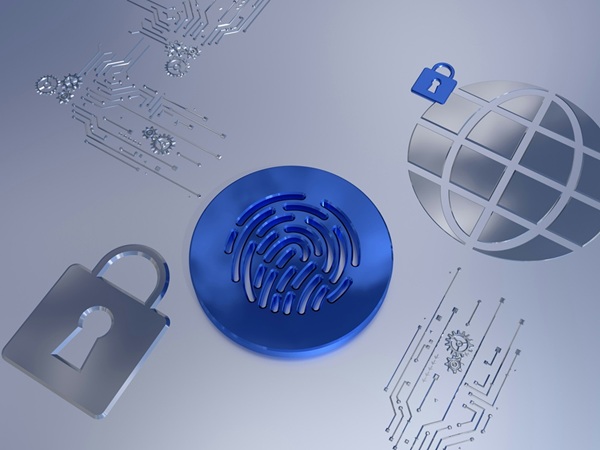
By:Yuhao Li
Foreign Attorney (China) & Administrative Scrivener
Japan currently has a legal system that explicitly regulates crypto currency. But for NFT (Non-Fungible Token), the same does not exist by now. However, there are also areas of prohibition within the current laws and regulations. If you go into them, you may be unexpectedly in conflict with the law.
NFT is attracting attention as a representation of “asset value” such as digital art and in-game items. However, in Japan, NFT is a new “asset” and, therefore, the legislation has not kept pace. Therefore, there are many uncertain legal risks.
This article gives you a brief introduction of how NFT is legally considered in Japan and what to pay attention to.
Issuance of NFT
Basically, under the Japanese law, an NFT that is a digital artwork and does not have any other rights or claims may not be considered as a security.
However, since there are various variations in the structure of NFT, it cannot be denied that some of these may fall within the definition of an investment contract.
If an NFT is regarded as a financial instrument, it will have a significant impact as it will be subject to stringent requirements and restrictions on its issuance, distribution, and potential transactions in unregulated markets.
NFT is understood as a “digital asset” traded on a block chain with some of the aspects similar to “crypto currencies” such as Bitcoin and Ethereum.
However, unlike crypto currencies, NFT’s distinctive feature is that it has a unique asset value that is not substitutable.
In Japan, new restrictions on crypto currencies were imposed through the amendment of the Act on Settlement of Funds. But no particular laws focusing the NFT itself exist currently.
Even if it can be tried to apply NFT to the framework of existing laws (the Banking Act, the Financial Instruments and Exchange Act, the Act on Settlement of Funds, etc.), NFT often fails to meet the definitions or the normal requirements of the regulations and is unable to adequately regulated.
However, since the structure of NFTs varies widely, in order to understand what legal definitions apply to their characteristics, it is necessary to conduct a thorough evaluation of the design and marketing campaigns of NFTs.
Regarding the operation of marketplaces
The operation of marketplaces may also be affected by the legal attributes of NFT.
Handling NFTs, which are classified as securities, may leads to the operation of illegal security exchange markets, therefor thorough evaluation shall be made for the NFTs being handled.
An NFT is more likely to be included in the definition of “securities” under the Financial Instruments and Exchange Act of Japan if any money or other assets which are deemed to be “Profit Distribution” are delivered to the holder of the NFT.
However, currently in Japan, it is understood that NFT may not be subject to any financial or business restrictions under the Financial Instruments and Exchange Law in current circumstances, since the current NFT trading practices in Japan basically assume that there is no distribution of money or other assets from the NFT itself that can be regarded as a distribution of profits to the Owner.
In addition, gambling is in principle illegal under Japanese law and may be subject to criminal punishment, and the use of NFT in gambling activities is prohibited.
The policy for AML/KYC restrictions that NFT marketplaces may receive are unclear. However, participants that will have access to NFT marketplaces may be subject to various cross-border rules applicable to financial markets, and this kind of NFT marketplaces may need to consider appropriate controls to mitigate such regulatory risks.
Regarding the copyright
NFT, which has the property of being non-substitutable, is considered a unique solution for protecting intellectual property rights.
For example, NFT arts can be created by NFT in the form of digital art, or NFT in the form of digital data from physical works (real arts) such as existing paintings and content. Images, movies, photos, sounds, etc. can be used in a variety of ways by applying them to NFT.
Regarding the copyright, “obtaining an NFT” means the state in which the possession of specific digital data recorded on the block chain in a non-rewritable manner, supported by the unique technical nature of the NFT. Copyright, on the other hand, is the exclusive right of exploitation granted no other than to the author of the work.
Any person who holds the copyright of any works may exclusively reproduce, adapt, transfer, broadcast, distribute the copyrighted works over the Internet, or otherwise use the copyrighted works. It should be noted that the possession of an NFT work and the possession of the copyrights are entirely different, and the acquisition of NFT art does not necessarily acquire the copyrights in such work.
In the case of NFT art, the ownership and copyright of NFT art are different as described above. Therefore, even if you acquire NFT art, the acquirer may not be able to make copies or distribute the NFT art without the permission of the copyright holder.
In this sense, NFT art should be valued from a different perspective than real art. NFT’s creators, owners, resellers and marketplaces must have a comprehensive plan to protect the intellectual property rights associated with NFTs.
Deciding the contract terms
As part of the strategy to protect the rights of creators, owners and resellers, the contract terms and the terms of use are of paramount importance.
Contract terms can be created to provide sufficient flexibility between the rights of the creator to selling the NFT and the rights held by the owners or resellers.
For example, the terms of use of some NFT marketplaces say that obtaining NFT does not include ownership of the underlying the work of art. In addition, NFT holders may be restricted from use for commercial purposes, including, for example, the sale of copies of the works of art, the sale of derivative products incorporating works of art, or other commercial uses.
Another revolutionary innovation in NFT, especially blockchain technology, is that it allows NFT creators to decide in advance the price they receive and embed it directly into the smart contract. To ensure practicality of this, the terms and conditions of the contract shall better be reflected in the flow of the smart contract and be created appropriately.
Conclusion
Consideration of laws and regulations always need to be made regarding innovative business models. However, Japanese regulators have not yet given clear guidance on the legal and regulatory treatment of the non-substitutable digital assets. Therefore, legal and regulatory considerations are of paramount importance to those attempting the issuance or trading of NFTs.
NFT may be one of the game-changing innovations that revolutionize the media and creative content industries as a whole and bring about sustained and robust economic development. However, it is important to provide appropriate legal and business infrastructure support, including clearly defined property rights and clear regulatory guidance. We will continue to pay close attention to related developments.










